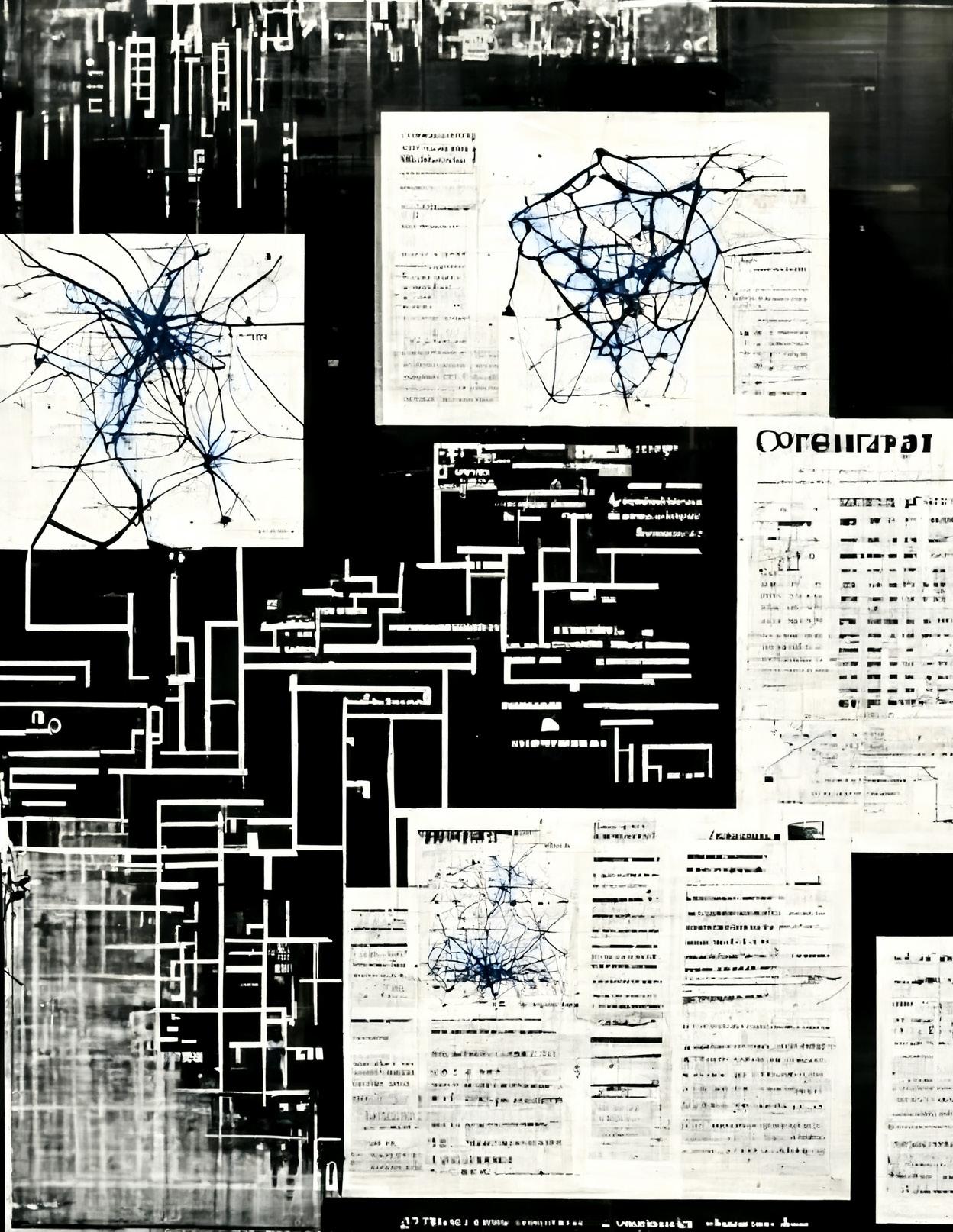
3 minute read
Introduction
Ranking and recommendation systems, also known as recommender systems and recommendation engines, are one of the primary ways that we navigate the deluge of information from products like YouTube, Facebook, Amazon, and TikTok. In this deluge, recommendation systems help allocate our finite time and attention across the zettabytes of data (trillions of gigabytes) now produced each year (Statista, 2021). They can be thought of as automated content curators, with their most obvious role being to choose a small set of items from a much larger set and show that small set to a particular person.
The key question that ranking answers: What is rewarded? 3
However, ubiquitous recommendation systems have far more significant societal impacts than simply choosing among a set of pre-existing items to display. Recommendation systems direct attention—and attention is a currency that can be converted into money, power, and status. Much of the focus of the current conversation around recommendation systems is around “algorithmic amplification” and the ways that they influence what content is consumed. However, even more important may be that recommendation systems can have enormous impacts on what content is produced.4
3 This author finds the question of “What is rewarded?” as particularly crucial, as he sees it as one of the fundamental ‘compass questions’ around the impacts of social media and related technologies.
4 The work of Lischka et al. (2021) and Tennenholtz et al. (2019) among others explore the game-theoretic dynamics of ranking and content production in much more detail.
At their core, recommendation systems decide what kinds of behavior a product will reward—and their impacts are the result of a very messy human world. In other words, recommendation systems provide a reward structure for society.
The purpose of this report is to outline some of the challenges with current approaches for improving this ‘reward structure’ and to argue for an alternative—bridging-based ranking—which explicitly seeks to counteract the divisive properties of current ranking systems.5
Key Terms
Algorithm: Any well-defined process or procedure. Most used to describe fully automated systems, but also applicable to procedures that involve people, such as voting.
Ranking system: An algorithm used to choose and rank a set of
items from a much larger set for a particular context (e.g., for a particular user in a particular product); ranking systems may or may not take explicit user-provided input such as a search term.6
Recommendation system: A personalized ranking system that does not take explicit input, e.g., Facebook Feed, TikTok’s ‘For You Page’, YouTube’s next video recommendations. (Also known are recommender systems or recommendation engines.)7
5 Given the limited access to platform data, there is some academic disagreement on the extent to which recommendation systems currently foment division, and there is significant nuance on exactly what is meant by division (Eckles, 2021; Haidt & Bail, 2021). This report assumes that different choices for ranking systems do have impacts for division and bridge-building, as described informally below.
6 Note that under this definition, democratic elections are a form of ranking system. Different election systems use different algorithms for determining the winner(s).
7 In this paper we use “ranking” and “recommendation” somewhat interchangeably as the content applies to the more general ranking, but recommendation appears the more popular term in policy and is used beyond its original definition. Computer science texts may use a much more constrained definition of a “recommender/recommendation system/problem”, focused on predicting what items a user will rate highly (Aggarwal, 2016). However, this definition does not encompass many real-world uses of recommendation systems where the system objectives can vary dramatically depending on their context and impact.
Image generated with Midjourney, licensed under CC BY-NC 4.0




